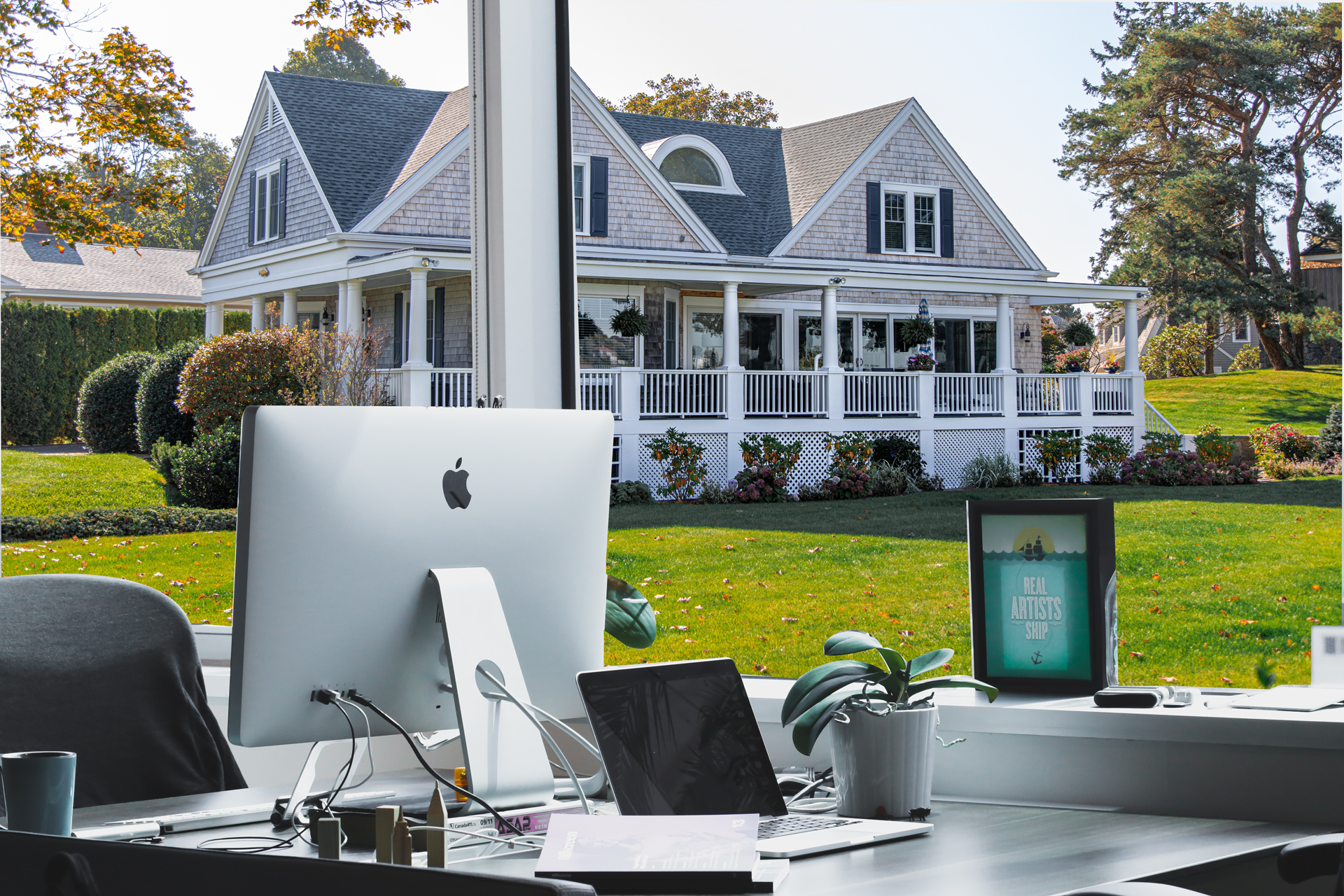Landlord Insurance: Shielding Your Real Estate Assets
Owning rental properties comes with its share of challenges and surprises. While tenants pay their rent and help you turn a profit, there’s always the looming possibility of accidents, damages, or other unforeseen challenges. Enter landlord insurance—a tailored safety net for property owners.

1. Demystifying Landlord Insurance
Unlike traditional homeowners insurance crafted for primary residences, landlord insurance is sculpted with the rental property owner in mind. It caters to the unique set of risks and potential liabilities that come with having tenants.
2. Delving into the Coverage Details
- Property Protection: More than just safeguarding the building structure, this covers damages caused by fire, storms, theft, or even unruly tenants.
- Liability Safeguard: It’s an unfortunate reality that accidents happen. If a tenant or a visitor sustains an injury on your property and you’re deemed at fault, this coverage can be a financial lifesaver.
- Income Loss Compensation: Suppose a fire renders the property unlivable. This coverage ensures you don’t miss out on the monthly rent you’d typically receive.
- Tailored Add-ons: Depending on your property’s location and nature, there might be unique risks like flooding or vandalism. Tailor your policy with specific add-ons to address these.
3. Why Bother with Landlord Insurance?
While collecting rent checks and managing property might sound straightforward, the unpredictability factor always looms large. A single mishap without adequate coverage can be financially draining. Having an insurance policy in place offers peace of mind and stability.
4. Deciphering Premiums: What’s the Cost?
Several variables can sway the cost of landlord insurance, from the property’s age and location to the coverage types you opt for. Yet, when weighed against potential losses or legal complications, the cost is a justified business expense.
Landlord’s Checklist: Choosing the Right Policy
- Stay Updated on Property Valuation: Regular property assessments can help keep your coverage relevant and up-to-date.
- Read the Fine Print: Every insurance policy is packed with details. Understand what’s included and what isn’t.
- Prioritize Liability: Given the costs associated with potential legal battles or medical expenses, this should be non-negotiable.
- Assess Regional Risks: A property in a flood-prone zone, for instance, might need additional flood insurance.
- Yearly Policy Review: As circumstances change, ensure your policy remains reflective of your current needs.
In wrapping up, while the landlord journey can be lucrative, it’s essential to arm yourself against potential pitfalls. Landlord insurance is that crucial armor, ensuring that unexpected hiccups don’t become insurmountable hurdles.


